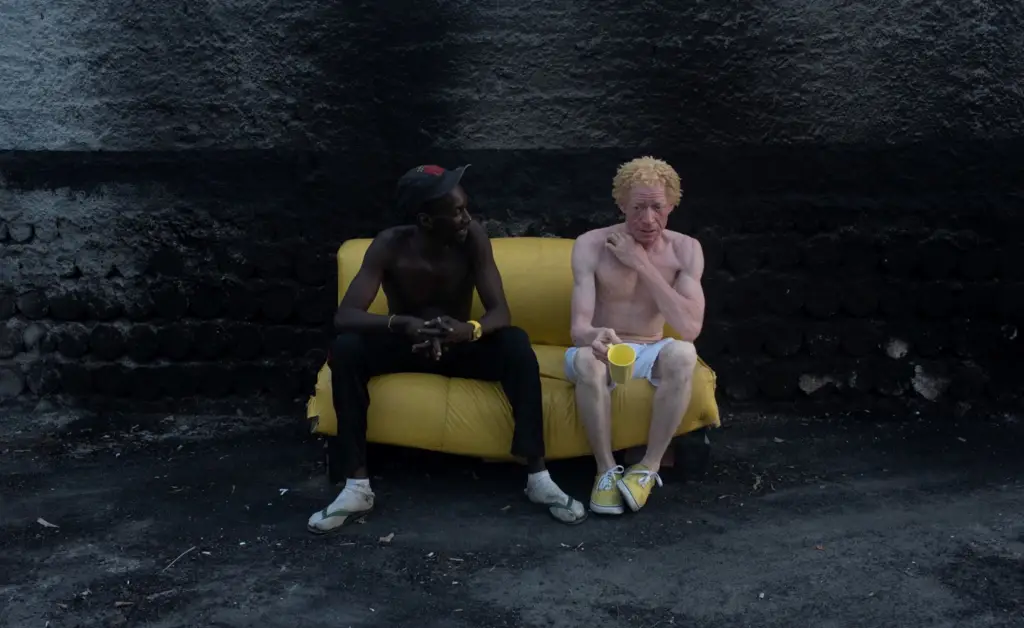Q COSTARICA — Costa Rica’s Legislative Assembly rejected the lifting of the immunity of President Rodrigo Chávez on Monday, September 22nd. The motion received 34 votes in favor and 21 against, with no abstentions and two legislators absent.
The Legislative Plenary held the vote after the case was brought up for discussion, following a request from the Public Prosecutor’s Office (Fiscalia). The accusation had already been reviewed by the Third Chamber and the Supreme Court of Justice.
Next, it was presented to the Legislative Assembly, where a Special Commission examined the issue of lifting immunity and, by a majority, recommended it to the Plenary. To actually lift the immunity, at least 38 votes—a qualified majority—were needed.
“There are insufficient grounds to proceed with lifting the immunity of President Rodrigo Alberto de Jesús Chávez Robles,” said the speaker of Congress, Rodrigo Arias, after the vote.
Divided Caucuses and Close Result
The votes in favor came mainly from the Partido Liberacioni Nacional (PLN), Frente Amplio (FA), Liberal Progresista Party, and independent legislators. Among those voting in favor were Jonathan Acuña, Eliécer Feinzaig, Kattia Rivera, Daniela Rojas, Priscilla Vindas, and Óscar Izquierdo.
On the other hand, figures such as ruling party member Ada Acuña, Pilar Cisneros, and the rest of the government faction voted against. Also voting against were Fabricio Alvarado, Jorge Rojas, José Pablo Sibaja, Rosalía Brown, and Paola Nájera, among others.
In general, the ruling party, the entire Neuva República, and an internal division within the Partido Unidad Social Cristiana (PUSC) caucus.
Carolina Delgado of the PLN was the only party member who rejected the lifting of immunity; her decision was held in abeyance until the last minute. She was the last of the entire Plenary to register her electronic vote.
Some legislators reported pressure to vote against. The ruling party questioned these statements and provided no evidence.
This is the complete list of votes of the 55 (of the 57) legislators present:
Absent from the vote were independent legislators Cynthia Córdoba (out of the country) and Luis Diego Vargas, also a legislator who broke away from the PLP and is now a vice presidential candidate with the Unidos Podemos party. Vargas withdrew from the session later in the afternoon.
Majority Not Reached Halts the Judicial Process
Congress has blocked any judicial action against the president while he’s still in office. By denying the waiver of immunity, the court can’t move forward with the case for now.
Attorney General Carlo Díaz made it clear that the investigation into President Rodrigo Chaves is still ongoing.
“Tonight, 21 lawmakers voted against lifting the president’s immunity, while 34 supported it. But 38 votes were needed to remove that protection. Until the president leaves office, criminal proceedings can’t proceed without approval.
“The investigation isn’t over, and the criminal case hasn’t been dropped; it will keep going once the President’s immunity ends and the case can move forward through the normal legal process,” Díaz explained.
Díaz expressed respect for the decision taken by the legislators and took the opportunity to reaffirm his commitment to objectivity and independence. It’s important to remember that the Attorney General is the one who asked the Supreme Court to forward the request to lift Chaves’s immunity to the Legislative Assembly.
On July 1, the Court approved the request with 15 justices and 7 against. A special commission was then established in Congress to study the issue.
Until May 9?
Chaves won’t face trial for the alleged bribery until May 9, 2026.
In the meantime, Laura Fernández, the presidential candidate for Partido Pueblo Soberano (PPSO)—a party seen as continuing the “Chavismo” legacy—promised to do everything in her power to appoint Chaves as Ministro de la Presidencia (Chief of Staff), if elected in the February 2026 elections.
In this way, on May 8, after stepping down as President at high noon, Chaves would be later in the day sworn in as a Minister in Fernández’s government, securing an additional four years of immunity as long as he stays by Fernández’s side throughout the term.
Top officials of the supreme powers are protected from legal action while they hold office.
Source link
Rico



